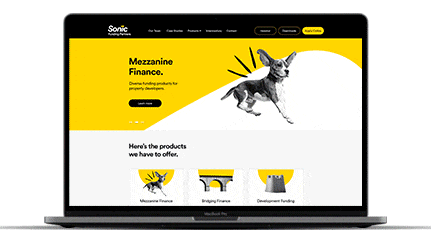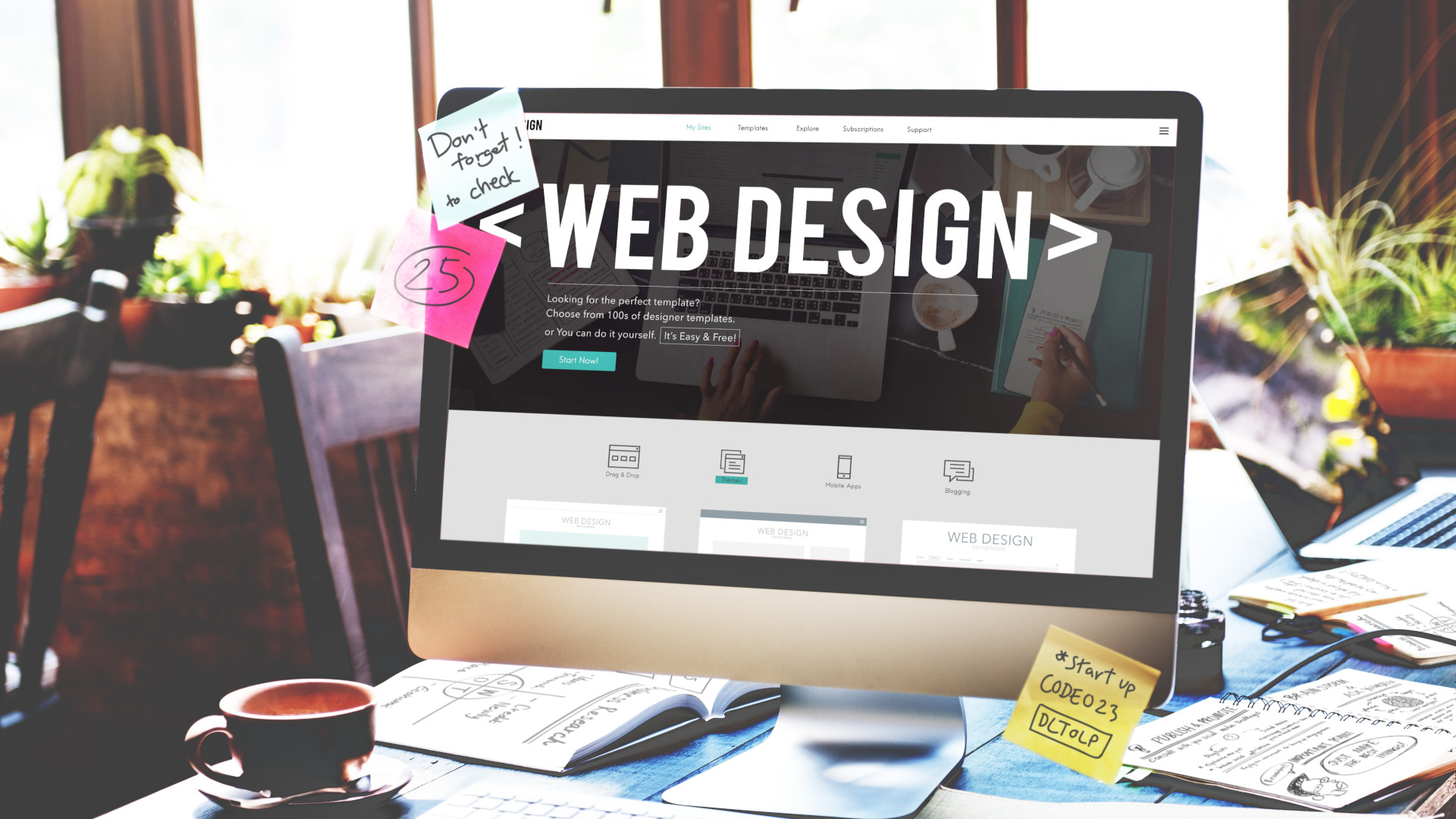Professional Website Design for Businesses Looking to Increase Leads
Professional Website Design for Businesses Looking to Increase Leads
Blog Article
Top Tips for Creating an Impactful Site Layout That Converts
In today's electronic landscape, the value of an impactful site style can not be overemphasized, specifically when it comes to transforming site visitors right into customers. To accomplish this, one have to take into consideration a variety of variables, consisting of recognizing the target audience, focusing on user experience, and optimizing for mobile systems. In addition, the strategic use of compelling call-to-actions and a distinct visual power structure plays an essential function in guiding individuals through their journey. As we check out these vital elements, it ends up being apparent that the success of your site rests on greater than simply aesthetics; it calls for a thoughtful approach to layout and capability.

Understand Your Target Target Market
Comprehending your target audience is essential to reliable internet site layout, as it lays the groundwork for developing an engaging customer experience. Determining that your individuals are, including their demographics, choices, and behaviors, enables developers to tailor the internet site's material, design, and capability to fulfill particular needs.
Carrying out extensive marketing research is critical in this process. Studies, interviews, and analytics can offer important understandings into customer expectations and pain factors. By compiling this information, designers can create customer personas that represent different segments of the audience, guaranteeing that style choices are informed and relevant.
Furthermore, comprehending the target market helps in selecting ideal style elements such as color pattern, typography, and imagery that reverberate with individuals. A site that talks straight to its target market promotes a feeling of connection and depend on, motivating longer check outs and greater conversion prices.
Inevitably, a user-centered approach to website layout not only enhances customer satisfaction but additionally sustains organization purposes by driving interaction and loyalty. By prioritizing the needs and choices of the target audience, a web site can successfully serve its purpose and attain preferred outcomes.
Prioritize User Experience
To improve the overall effectiveness of a web site, prioritizing individual experience (UX) is crucial (Website Design). A properly designed UX makes sure that visitors can navigate the website easily, find details promptly, and engage with content meaningfully. This leads to enhanced customer complete satisfaction and higher conversion prices
Begin by executing user-friendly navigating. Menus should be realistically structured, permitting individuals to locate essential locations of the website with marginal effort. Consistency in design aspects, such as color design and font styles, promotes familiarity, which is crucial for preserving user interaction.
Furthermore, think about the loading speed of your website. A hold-up of just a couple of secs can result in substantial drop-offs, as customers are less likely to wait on a slow-loading web page. Improving pictures and enhancing code can enhance performance and maintain visitors.
By prioritizing user experience, you not only produce an extra pleasurable environment for site visitors but likewise reinforce your brand name's reputation. Eventually, an emphasis on UX is an investment site link in the lasting success of your site.
Maximize for Mobile Tools
Optimizing for smart phones is important in today's electronic landscape, where an increasing number of customers accessibility sites via mobile phones and tablets. A mobile-friendly layout not only boosts individual experience yet likewise plays a significant duty in enhancing internet search engine rankings. To achieve this, it is vital to embrace a responsive design that instantly gets used to numerous screen sizes and alignments.

Loading speed is another vital element; mobile users are commonly less person and anticipate quick accessibility to information. By prioritizing mobile optimization, you guarantee that your site remains competitive and effectively engages a more comprehensive audience.
Use Engaging Call-to-Actions
A site's performance often rests on its capability to guide site visitors toward wanted actions, making engaging call-to-actions (CTAs) important parts of style. CTAs act as the pivotal factors that route individuals to engage with the website, whether that suggests purchasing, signing up for an e-newsletter, or downloading a resource.
To produce effective CTAs, quality is vital. Usage succinct language that clearly communicates the action you desire the user to take. Phrases such as "Start," "Sign Up Free," or "Shop Now" not only convey urgency however additionally get rid of uncertainty. The placement of CTAs is similarly essential; they must be strategically positioned throughout best site the page to ensure they are easily visible, particularly in high-traffic areas.
Additionally, the design of CTAs need to stand out without being obtrusive. Employ contrasting colors and clear typefaces to ensure they record focus. Additionally, take into consideration using directional signs, such as arrowheads or images, to direct individuals towards these buttons. By concentrating on these aspects, businesses can dramatically improve customer interaction, driving conversions and ultimately accomplishing their site's objectives.
Concentrate On Visual Pecking Order
Effective web site design relies heavily on a well-structured visual pecking order that guides individuals with web content flawlessly. By arranging components in a fashion that focuses on details, designers can boost user experience and promote decision-making. This entails making use of dimension, shade, contrast, and spacing tactically to accentuate the most critical parts of a page.
Using bigger font styles for headings and subheadings develops a clear difference in between different areas, allowing users to check content effortlessly. In addition, utilizing contrasting colors for buttons and calls-to-action can capture user interest and encourage interaction. Whitespace is another necessary element; it Look At This prevents mess and makes it possible for individuals to concentrate on key messages without diversions.
Images and graphics need to complement the text while also adhering to the well-known pecking order, strengthening the overall message (Website Design). Uniformity in style elements, such as color pattern and typography, further strengthens the aesthetic pecking order, making navigation user-friendly
Conclusion
In verdict, effective web site design demands a comprehensive understanding of the target audience, prioritization of customer experience, and mobile optimization. Inevitably, a well-executed site layout offers as an essential part in driving user actions and achieving company purposes.
Report this page